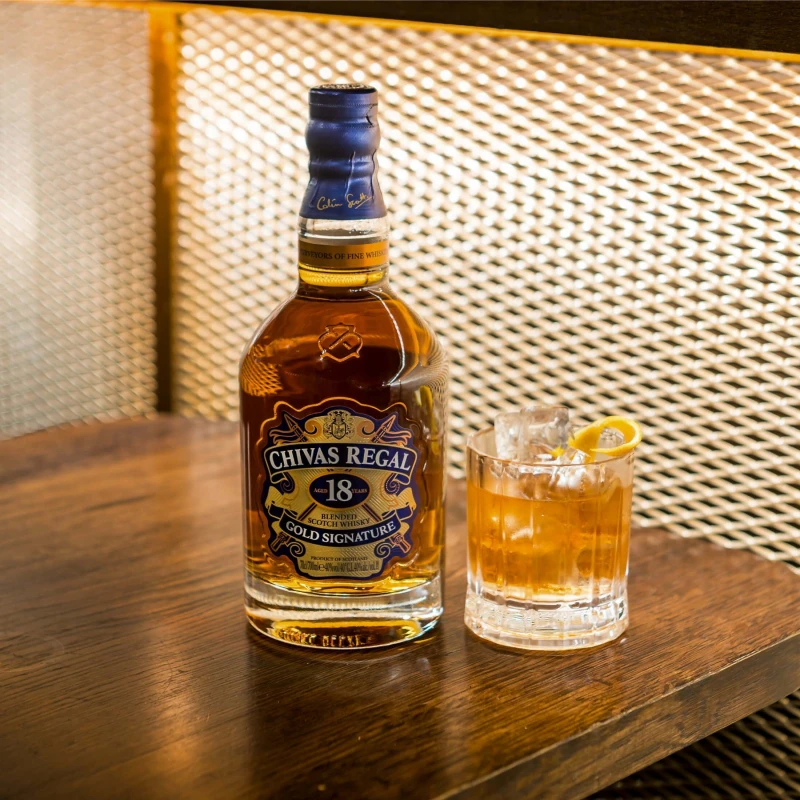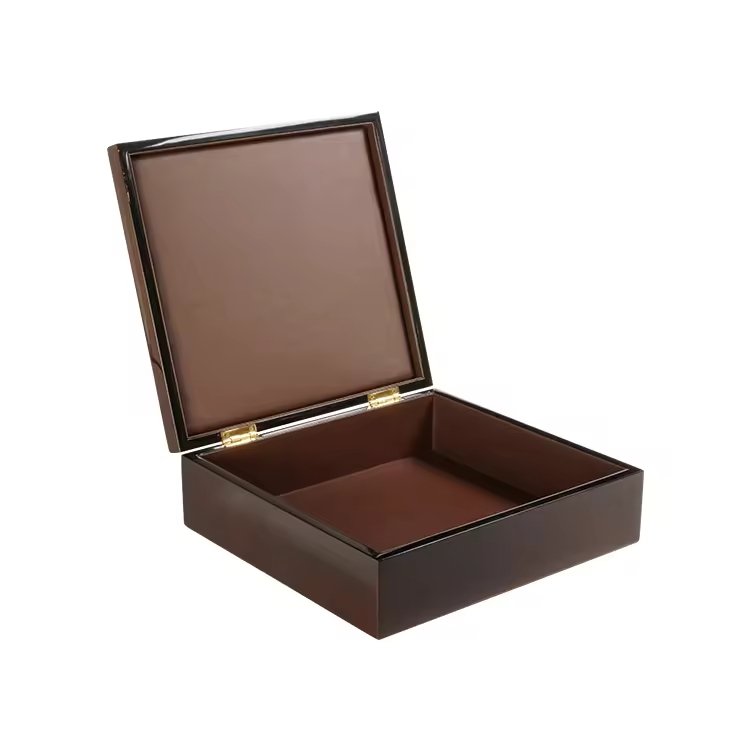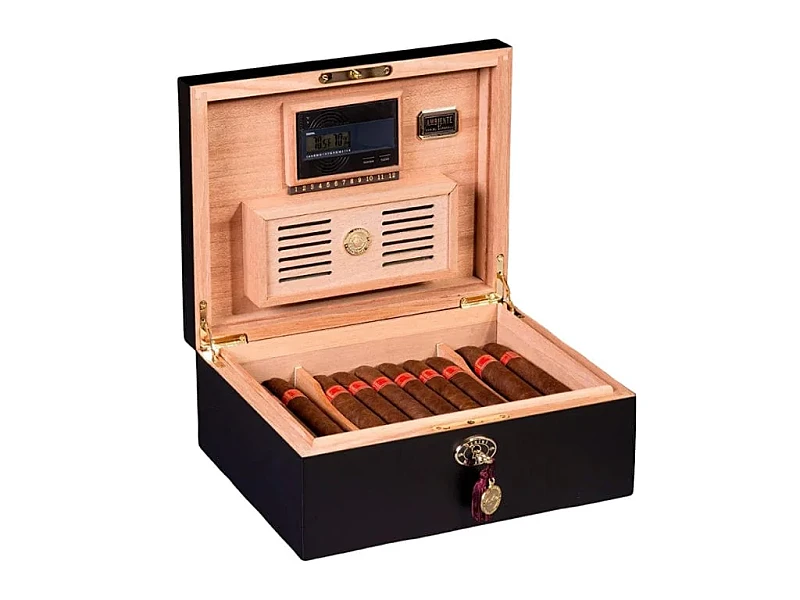
For cigar brands from multilingual or multicultural countries, packaging must balance two forces: regional connection and global recognition. Lean too far in one direction, and identity may be diluted.
Differentiated packaging helps brands adapt locally, while unified designs ensure long-term recognition. The best strategy often combines both, with core consistency and selective regional adaptations.
Let’s break this down.
Why might cultural and linguistic diversity push brands toward region-specific packaging?
In multilingual countries, different groups may respond to unique cultural or linguistic cues.
Cultural and linguistic diversity pushes brands toward localized packaging because it builds personal connection and avoids alienating important audiences.

Symbols, languages, and traditions vary region to region. Ignoring these differences risks making packaging feel distant. Adapting ensures inclusivity.
Local diversity drivers
| Diversity Factor | Local Packaging Need | Consumer Effect |
|---|---|---|
| Multiple languages | Multilingual labeling | Accessibility and trust |
| Regional traditions | Local motifs/colors | Deeper emotional resonance |
| Cultural pride | Specific visual cues | Stronger brand loyalty |
I once helped a Caribbean brand add bilingual engravings on boxes. Collectors in both regions felt equally recognized, boosting acceptance.
How can a unified design system strengthen brand recognition across global markets?
While adaptation has value, fragmentation can confuse. Consistency builds memory.
A unified design system strengthens recognition because it gives the brand a consistent visual DNA across all markets.
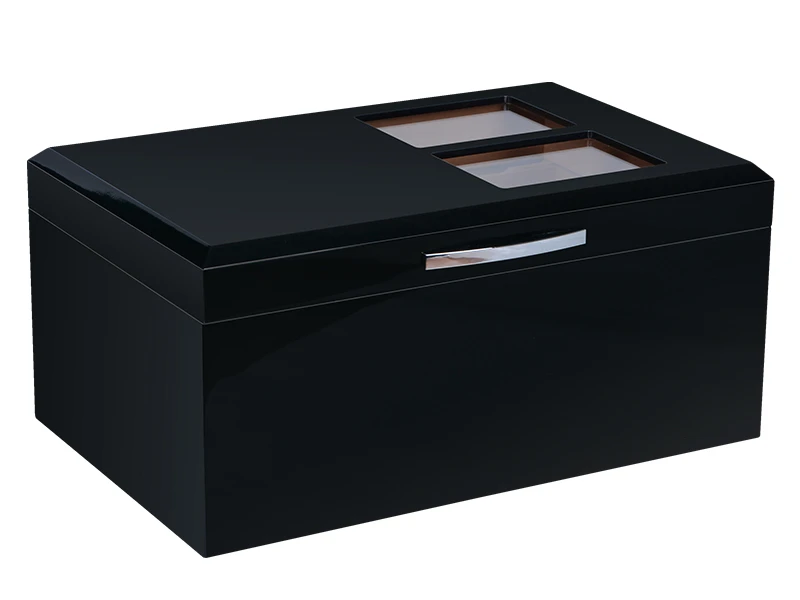
Core elements—logos, silhouettes, and typography—should remain the same. These constants build the “signature look” that consumers recognize instantly worldwide.
Unified system benefits
| Unified Element | Brand Effect | Market Impact |
|---|---|---|
| Fixed logo placement | Stronger recall | Easier brand recognition |
| Signature colors | Emotional consistency | Global identity |
| Standard structure | Iconic packaging | Long-term prestige |
One Dominican client unified its entire box structure while varying only colors regionally. Global customers immediately recognized the boxes as one family.
In what way do localized symbols, colors, or languages enhance consumer connection?
Even within a unified system, small local touches can build cultural bridges.
Localized elements enhance connection by signaling respect for regional culture and making buyers feel seen.
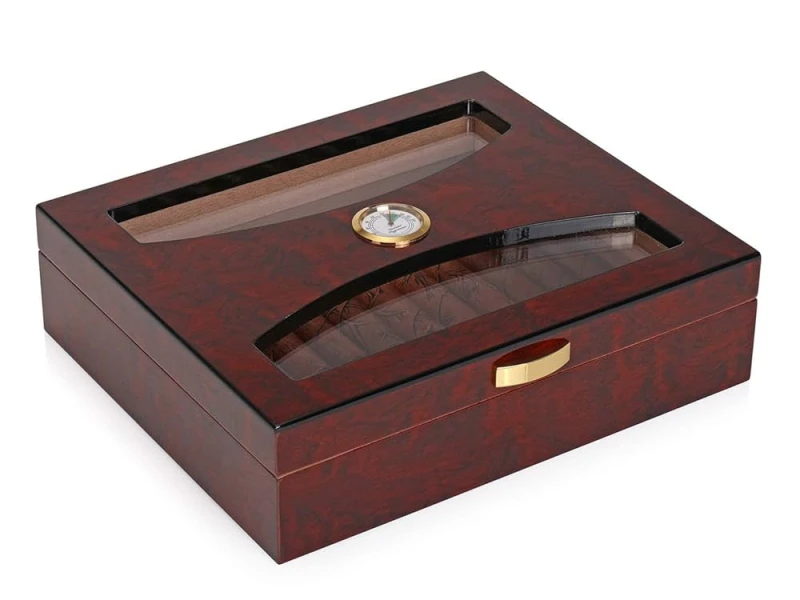
Examples include bilingual product names, culturally meaningful colors, or subtle motifs tied to local traditions. These touches deepen loyalty without replacing the brand’s global DNA.
Localized enhancements
| Local Element | Example Application | Consumer Impact |
|---|---|---|
| Language adaptation | Dual-language engraving | Accessibility and inclusion |
| Symbolic motifs | Regional cultural icons | Emotional authenticity |
| Color significance | Local cultural palettes | Stronger buyer connection |
I once created a limited Middle Eastern run with ornate gold accents while keeping the global crest intact. Buyers praised it as “culturally respectful yet clearly premium.”
Why does over-fragmentation risk weakening the core brand identity?
If every market receives completely different packaging, the brand stops looking unified.
Over-fragmentation weakens identity because consumers no longer see the same brand—they see many disconnected faces.

This inconsistency reduces recognition and undermines trust, especially among collectors who value continuity across years and markets.
Risks of over-fragmentation
| Risk Factor | Brand Consequence | Consumer Perception |
|---|---|---|
| Too many variations | Confused brand image | Lower recognition |
| Lost visual DNA | Weak global identity | Less prestige |
| Inconsistent symbols | Broken storytelling | Lack of trust |
A Cuban-inspired brand once experimented with four different looks for different countries. Collectors later complained, “It doesn’t feel like the same brand anymore.”
How can brands balance “global consistency” with “local adaptation” in cigar box aesthetics?
Balance comes from fixing core DNA while allowing controlled flexibility.
Brands should protect global constants (logo, typography, silhouette) while using subtle adaptations (colors, motifs, languages) to respect local culture.
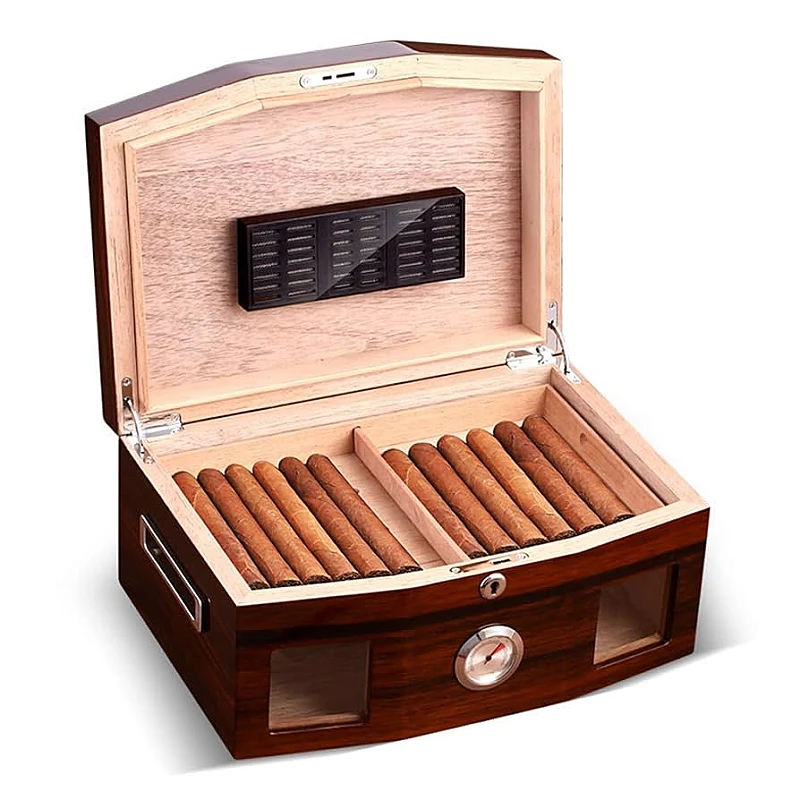
This hybrid approach keeps recognition intact but gives each region a tailored feel.
Balancing framework
| Core Constants | Flexible Adaptations | Result |
|---|---|---|
| Logo and crest | Regional foil colors | Consistent identity |
| Typography style | Local language engraving | Inclusivity with unity |
| Box structure | Decorative motifs | Familiar yet personalized |
One Nicaraguan brand I worked with kept its crest and structure but added regional engraving inside lids. Collectors said, “It feels ours, but still part of the family.”
Should limited editions be the main platform for experimenting with regionalized designs?
Yes. Limited editions are ideal laboratories for cultural experimentation.
Regional limited editions let brands explore cultural adaptation without risking global identity.

This approach satisfies collectors who crave unique editions while protecting the mainline consistency.
Limited edition advantage
| Experiment Type | Safe Application | Consumer Value |
|---|---|---|
| Regional motifs | Local festivals or events | Collector exclusivity |
| Special finishes | Cultural lacquer or inlays | Limited-run authenticity |
| Bilingual branding | Engraved plaques | Emotional cultural pride |
I once produced a regional limited run for Asia with dragon engravings. Collectors loved it, but the brand’s global line stayed unchanged—balance achieved.
Conclusion
For multilingual countries, cigar brands should combine global consistency with selective local adaptations. Core design DNA ensures recognition, while regionalized touches—ideally in limited editions—deepen cultural connection.
Brand Name: WoodoBox
Slogan: Custom Wooden Boxes, Crafted to Perfection
Website: www.woodobox.com
WhatsApp:** +86 18359265311


